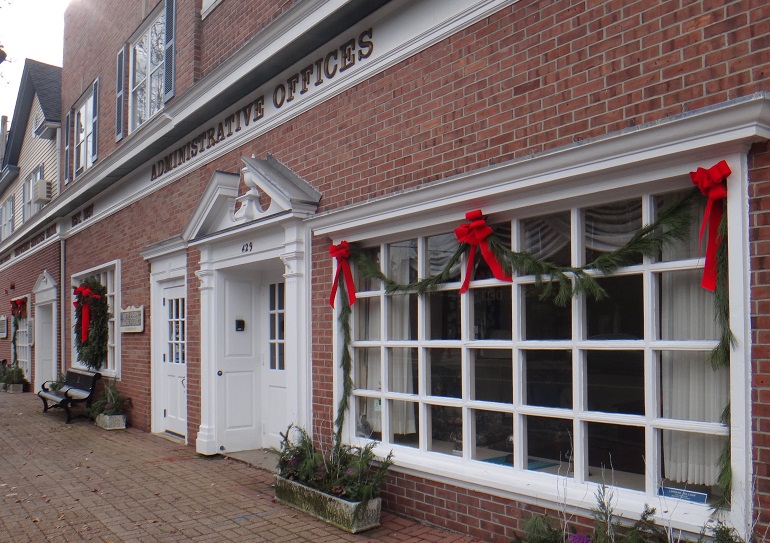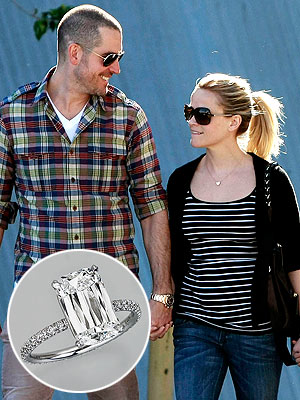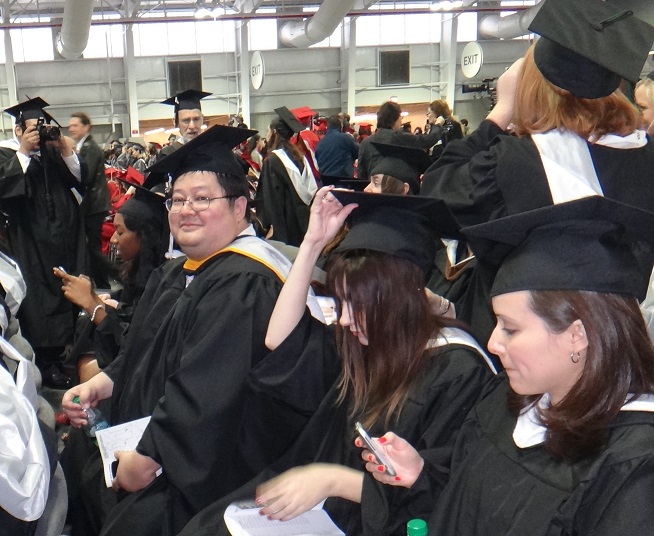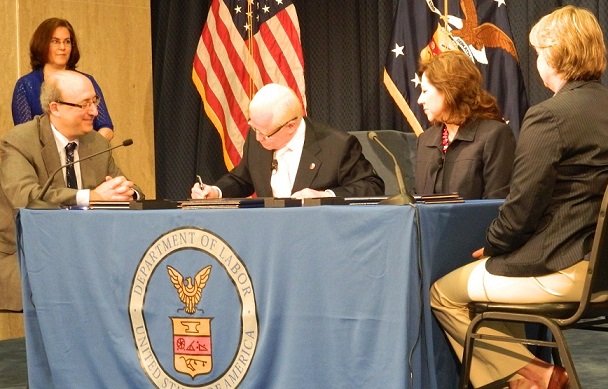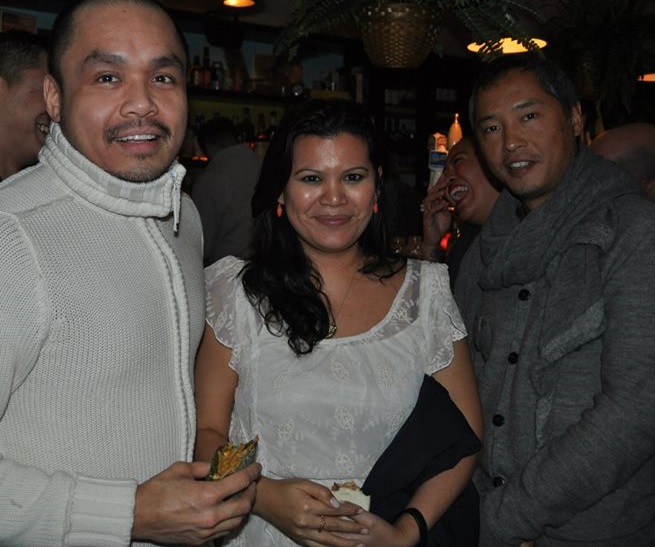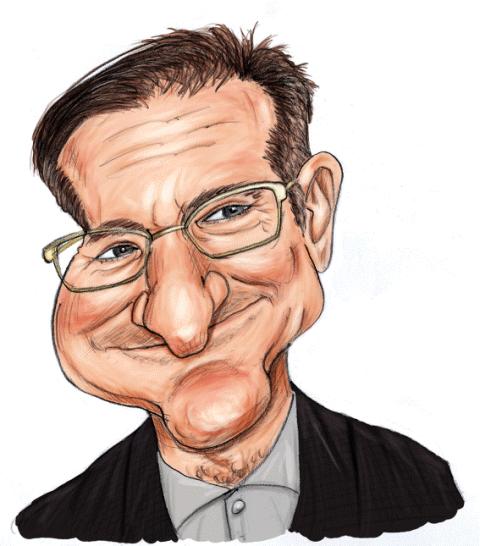‘The type of hip hop that Filipinos do is very positive’
By Maricar CP Hampton
Singer/songwriter Jay Legaspi clarifies ‘misconceptions’ about hip hop and calls the controversial rapper, Common, a “socially conscious artist.”
TF: What do you think about the invitation for Common to perform at the White House?
JL: I see no issue. Firstly, Common is one of the most socially conscious artists within the hip hop community, and he is known for positive lyrics and respect. There have been others that have been honored by presidents past who have had violent lyrics, including country legend Johnny Cash. I believe it’s a pre-conception of rap being violent that caused the media to shine the negative light on Common. People are scared of what they don’t understand, and the conservative media can’t see past their initial thoughts about rap.
TF: Do you think the FilAm community understands hip hop?
JL: Oh yes, very much. One of the very interesting things about the culture is how integrated Filipinos are within the hip hop community. If you look back at the history of hip hop there are several very important figures in the genre. Chad Hugo, who is part of the Neptunes, is one of them, and DJ Qbert; actually a lot of the DJs that are popular in the hip hop scene are Filipinos.
TF: How do you react to people who know hip hop only for its misogynist lyrics?
JL: What I see within the Filipino hip hop circle — at least within my circle that is actively doing the hip hop scene, like Deep Foundation, Hydroponikz, and Triangle Offense, who are very talented artists here in New York – is that they definitely understand that it is part of the culture but it’s not something they focus on. Even with myself, the type of hip hop that I do is very positive and it doesn’t focus on what is stereotypically considered negative. There are people who are striving to be true artists and really thinking of hip hop as a form of artistry.
TF: How would you describe your kind of music?
JL: It’s primarily based on acoustic music and acoustic guitar with a kind of R&B flair. Lyrically I trend toward a kind of hip hop cadence just because I like to rhyme a lot of things and pretty much I try to write it as honestly as possible.
TF: What are you trying to tell your audience with your kind of music?
JL: I originally started writing because I was a very shy kid, and music was my way of letting the world know how I felt. Essentially my music is really a way to be honest to myself and share my feelings with anyone who happens to listen. A lot of my songs are about relationships and my own personal struggles.
TF: Who inspire you?
JL: People or friends who inspire me are the Filipino American musicians themselves, as well as my father, Leo, who is classically trained guitarist. I have taken a lot from hip hop artists like Jay-Z and Aesop Rock. They have been important in terms of the way I write lyrically. Musically, acoustic and indie acts like John Mayer and Death Cab for Cutie were really important to me.
TF: What does it mean to be called an indie artist?
JL: As an independent artist it really feels like you can say anything, you can do anything you want, and for people like me who grew up really shy and very quiet, it’s been the ultimate form of release.
TF: Tell me about your latest album, “Picture Perfect.” Why should people buy it?
JL: I’m really proud of my album particularly because it let me do a lot of things musically. It is very different from my first album, The.Tale.And, which is also available in iTunes. The first album is kind of an acoustic-only outing. It’s something I did on a shoestring budget. Now that we have more money to do this I employed the use of a full band with a couple of good friends of mine like Matt Pana, who is my drummer, and John Violago bass and produced by my friend John Valencia. Being able to work with them really gave me the chance to explore. I also did a couple of electronic tracks, and they helped me with that.
TF: Are your parents supportive of your music?
JL: At first they were apprehensive, but after I showed them that it was something that was really a true passion for me, then they became very supportive.
My dad is an interesting story. He was classically trained and teaching music in the Philippines, but when he realized he wanted to have a family, he put that aside and pursued business. So when we came here and he could see that I wanted to be a musician he was cautiously supportive. He wanted to make sure that I had a full grasp on the consequences, and once I understood that he was good.
Jay Legaspi is doing a show on May 25 at The Bitter End on Bleecker Street.
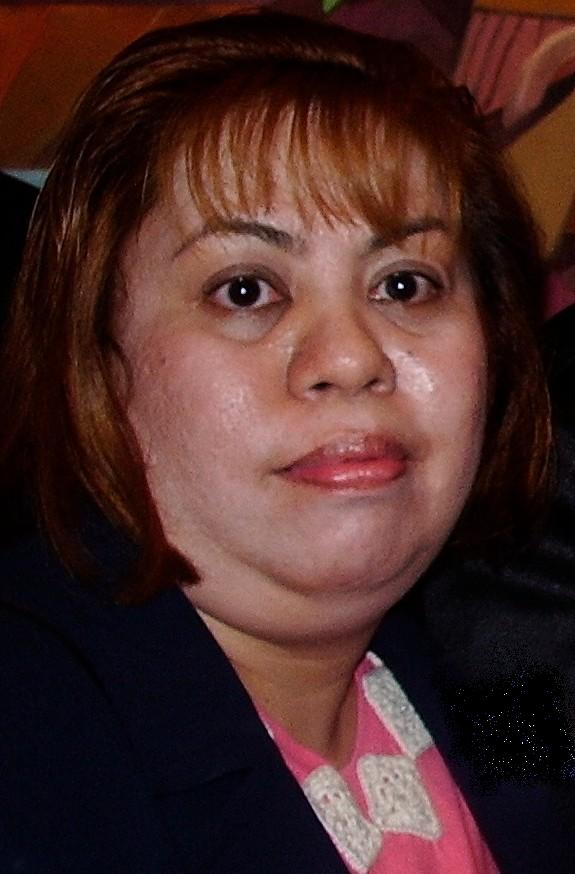 Maricar CP Hampton is a freelance journalist. She was awarded a 2010 New America Media fellowship on Ethnic Elders and Caregiving.
Maricar CP Hampton is a freelance journalist. She was awarded a 2010 New America Media fellowship on Ethnic Elders and Caregiving.

